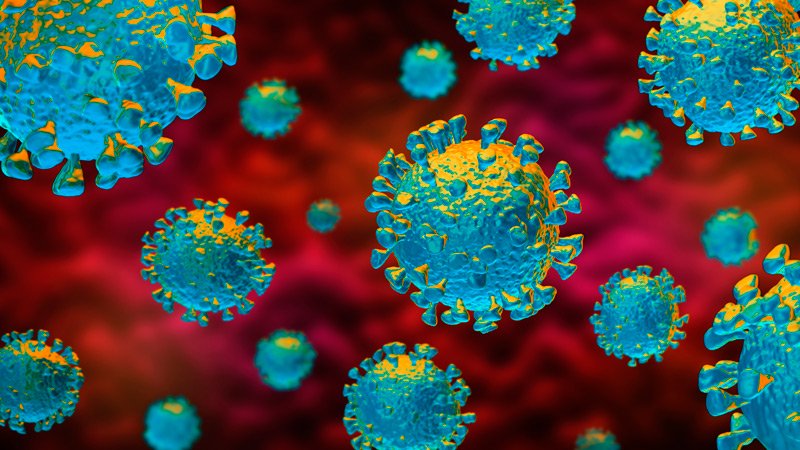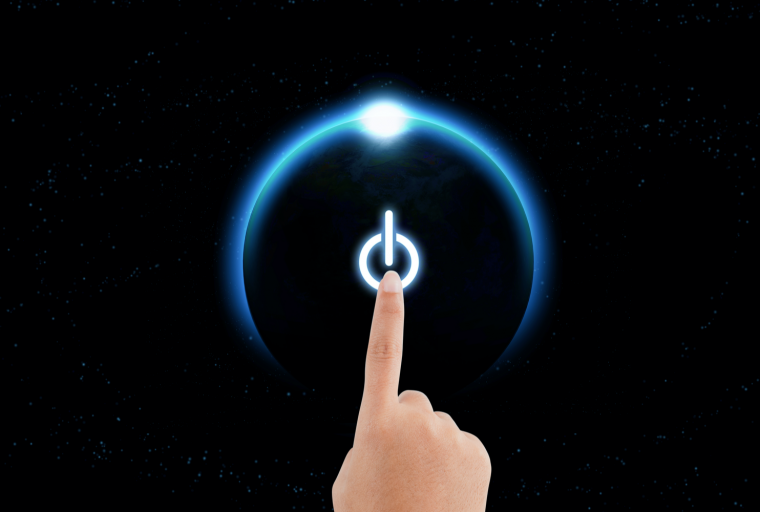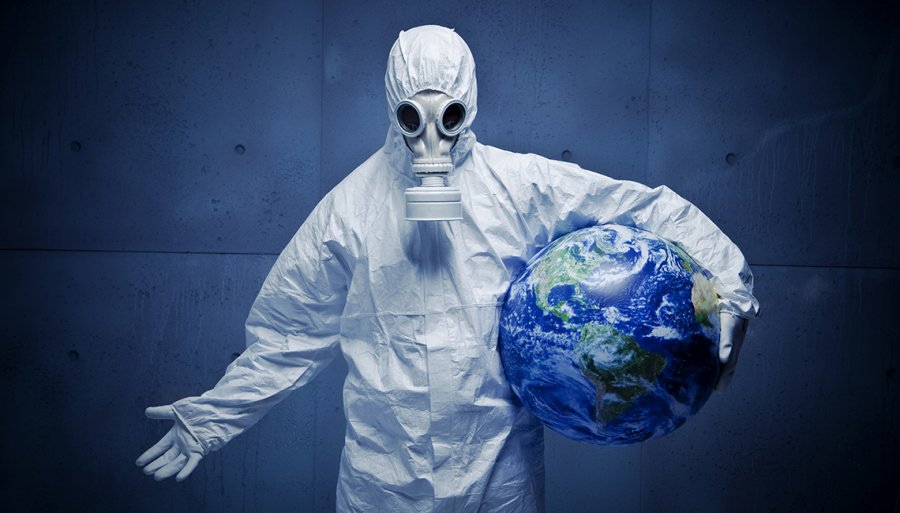Today we are aware that this global crisis will have its impact on the sectors: economic, social and its effects on education from now on.
The economic crisis caused by the coronavirus pandemic, as the German historian Albrecht Ritschl points out, as it has happened in the past with the wars, can worsen as much as it leads to a world crisis such as that of the early 1930s. past. Not even a 20% decrease in GDP can be completely ruled out. The outlook is bleak and depends on how long the quarantine measures defined by those responsible for public health in the different countries of the world last.
In Costa Rica for its part; The Ministry of Finance intends to apply economic measures where companies continue making disbursements of obligations acquired without the invoicing on which they depend. Five of the nine projects that the Executive has called are to provide money to the State. Other measures are tax relief, reduction of payroll and contribution payment (labor flexibility), reduction of sales costs (dataphones) and forgiveness for defaulters of the Costa Rican Social Security Fund (CCSS). But there are more than 26 projects presented in recent weeks that do not appear in government calls. I feel that it is very risky, not to say irresponsible, to announce this type of measures in the face of a situation that is completely unprecedented, unrelated to any other crisis, and which breaks out when our economy itself was weakened. Thus the things; The executive branch focuses first and foremost on stopping the contagion, preventing the economy from collapsing, and "preventing mass layoffs" added to the 309,000 people unemployed before the crisis.
The economy can be seen as a succession of chained flows, and in Costa Rica 80% of everything has stopped. Especially one of the engines of our GDP has stopped, tourism that contributed more than 6.3% last year.

What should we analyze and improve?
How should we see this pandemic? On the positive side, we should see it as an opportunity to rebuild the existing, but the option of creating something new is much more stimulating. Let's think that in the US, 35% of the new employment generated last year came from startups, with new ways of understanding the economy and innovative models for relating to their production environment. From this it follows that traditional models would hardly activate the economy in the world again. Achieving this change (reset) requires vision and a lot of courage.
From this perspective the automation of the whole, and for example; the use of Artificial Intelligence (AI) to design a new labor model that must necessarily be different from the one that is now in check.
We must think that this is a unique opportunity, perhaps the last, to change everything, to improve everything, at once.
The cost of stimulating the stalled economy will necessarily be borne by the recovery itself and, worse, the options to modernize our production model in the face of a future in which the opportunities for the most technological countries will open up like never before. Whoever does not have the muscle to robotize, automate and transform digitally will then be subject in a few months to the payment of a gigantic mortgage that would lead to its extinction.
In this way; countries should take measures to balance the way out of the crisis, compensate the victims and stimulate a new, more technological and more automated economy. This pandemic should make us see at least three keys that we should not miss, such as:
- It allows us to see clearly that automation was not the enemy, it is who allows this world to continue working today. Many sectors would be paralyzed if we lived in the 1990s.
- It reaffirms to us that artificial intelligence (AI) was not a problem, it is what is helping the global health system to fight against a medical crisis like never before. The development of vaccines in record time or in the citizen control in South Korea for the reduction of infected, are the proof.
- Robotics did not come to take away anyone's job, this would be one of the technologies that would lead to making decisions in the not-so-distant future, and implement a universal minimum wage for which this crisis is going to place in a place that no longer They will be able to leave.

What should we CHANGE and push forward?
We will only emerge from this storm with what makes us truly human: conscious cooperation on a large scale. We need to share knowledge, technology and good practices, globally and locally, to cut the contagion curve as soon as possible, but also for what follows. We need to learn from those who have done things well.
Cooperation on a large scale allows us to generate scientific knowledge, and it is the great weapon we have against diseases such as this virus. But we will have to review at what speed and with what cooperative elements we generate this knowledge. China has just declared that it will stop evaluating its scientists based on the number of articles published (as our public Universities do). It will evaluate them, verbatim, "for their contribution to the economy or to society". It is not clear how they will do it, but I sense an evolution of Chinese science towards the organization by missions (challenges with specific objectives and deadlines).
Universities in Costa Rica have many researchers working alone in R&D, without being part of missions or projects that can really impact decisively on the well-being of citizens. We do little R&D, and uncoordinated. There are no drivers that compile the sum of knowledge and complement it with others necessary to overcome specific milestones in the service of collective prosperity. Our system enhances the individualism of the researcher, who in too many cases competes (individually) against other researchers to improve his or her CV only.
In this sense, for example; The current challenges may be to find the vaccine against coronavirus (or against other infectious diseases). Or promote a new generation of artificial intelligence devices for autonomous assistance to older people. Or develop semiconductor technology for Latin America (today, unable to make its own chips). Or for example, getting the world's 30 most polluting cities to cut their CO sus emissions in half.

Some lessons learned from the coronavirus (COVID-19)
Some people approached me and asked me to write an article on this Blog, not so much because of the impact of the virus on humans, but more than anything else on how to rebuild the country after the pandemic. Because; I prefer to give it a positive approach by broadening some reflections:
- Telecommuting is here to stay. Now the true digital maturity of companies is being tested. In a few days, many of us have done intensive dives on video conferencing platforms and the like. Hopefully a new leadership style will prevail, more oriented to confidence and objective work than to control and counting the hours in person. Clearly, this will not be possible in all professions. But there is room for maneuver in these improvements, with substantial increases in productivity.
- The deployment of supply chains. Digitization and innovation make production centers more volatile and mobile. The convergence of much of Asia towards market economies fades the cost advantages. The reshoring (therefore based on the return to the country of origin of the previously delocalized production processes) will be faster, due to the need to accelerate the innovation cycles (something that is achieved near the R&D centers), and for fear of new unexpected events (pandemics, climate change, political crises ...)
- Science today has instruments that were considered impossible until recently: supercomputers and artificial intelligence. Computers like Summit, considered the fastest on Earth, have been put to work, at the speed of light, to scan thousands of molecular combinations that can generate a vaccine. Artificial intelligence can model and test virtually millions of patterns of molecules that inhibit the spread, or that directly fight the virus. The lesson to remember is that research resources in fields as critical as these should never, ever be spared.
- All geostrategic alliances of the old 20th century have been broken. The Asian model, once again, has been the most efficient in the face of large-scale disruption. China, a dictatorship, has provided a better response to a very serious citizen problem than many of the western democracies. Europe has reacted in an uncoordinated way. The EU has disappeared from the map. It is China that is sending support materials, and specialists, to a collapsed Europe, taking on the role that the United States has played for a century.
- South Korea has been the country that has best dealt with the crisis in the world. Giving adequate use to technology through a mobile application (App) distributed to the entire population allows to control body temperature in a systematic way, identifying individuals with signs of fever. A mobile unit travels to test them. If positive, they are quarantined. All geolocated, to ensure that they do not move. When a geographic concentration of positives (a cluster) appears, that area is isolated. This is indeed a great example of digital transformation.
Finally…. I highlight the following in this article, and that is that the coronavirus (COVID-19) made us see human fragility. We better put all our efforts and resources into what really matters. The end of the coronavirus crisis will shed light on a new world of Asian leadership. Innovation and digital transformation will definitely be the triggers for doing business in the world and companies must be prepared.
The world has been reset, the winding clock has stopped and the new digital clock has started its stopwatch (00:00 hours). We are going to write a different story from now on. I invite you to share your new stories with me.
UNITED ALL, WE ARE GOING TO DO IT!
